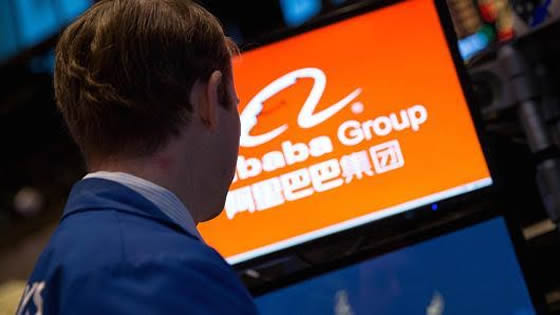 Jack Ma’s Alibaba Pictures has taken an 8.94% stake, or approximately 8.29% on a fully-diluted basis, in China’s Bona Film as part of the latter’s privatization. The stake is worth approximately $86 million. The move comes as Bona delists itself from the NASDAQ. A statement from Alibaba revealed the two companies plan to work closely together in developing their collaboration.
Jack Ma’s Alibaba Pictures has taken an 8.94% stake, or approximately 8.29% on a fully-diluted basis, in China’s Bona Film as part of the latter’s privatization. The stake is worth approximately $86 million. The move comes as Bona delists itself from the NASDAQ. A statement from Alibaba revealed the two companies plan to work closely together in developing their collaboration.
“Participation in the privatization of Bona helps boost the development of the Chinese film and television industry. Sharing the same mission and vision with Bona, Alibaba Pictures wishes to create an ecosystem and platform covering the whole value chain of the film and TV industry,” said Alibaba Pictures chief exec Zhang Qiang.
It is the latest investment from the film arm of Jack Ma’s e-commerce giant, which last week surpassed Walmart to become the world’s leading retailer. Alibaba has been building up its film and TV interests as it seeks to consolidate its position in China’s rapidly growing entertainment business.
In November last year, Huayi Bros inked deals with Alibaba and Tencent that saw it raise $590 million (RMB3.6 billion) through a private placing of new shares. The strategic agreement with online giant Alibaba, covered e-commerce, online entertainment and movie development while the agreement with Tencent also covered movie development as well as online games and TV. Alibaba and Tencent each held more than 8% of Huayi Brothers moving forward as a result of that deal. The three companies are also teaming up to develop, produce and finance English-language films by investing in joint venture Yunfeng Capital equity fund.
In August last year, rivals Alibaba and Tencent put their competition aside to invest in China Media Capital’s smart-TV startup Whaley Technology. The same month, Alibaba Pictures’ corporate parent completed its acquisition of Chinese streaming giant Youku Tudou in a deal worth $4.2 billion. In March last year, Alibaba acquired an 8.8% stake in Enlight, one of China’s leading film and TV production companies.
Alibaba Pictures also made an investment in Tom Cruise secret agent pic ‘Mission: Impossible – Rogue Nation.’ The investment repped the first in a Hollywood project for Ma’s group. In addition to its financial investment, the film unit of the e-commerce giant collaborated with Paramount on online ticketing, promotion and merchandising for the film’s release in China.
Earlier this month, Alibaba Pictures announced that it would join forces with David Ellison’s Skydance Media to finance and produce a feature film ‘Flying Tigers,’ which is the company’s first original international feature.
The Bona privatization has been in the pipeline for some time, with Bona chairman Yu Dong submitting a non-binding offer to delist the company last June along with Sequoia Capital and Fosun International Limited. That was based on the offer price of $13.70 in cash per American depositary share, or $27.40 in cash per ordinary share. On December 15, 2015, Alibaba Pictures entered into an agreement with those parties to form a consortium to take Bona private.
Founded in 1999, Bona was the first Chinese entertainment company to be listed on NASDAQ. It has produced films such as ‘The Grandmaster 3D,’ ‘Flying Swords Of Dragon Gate 3D,’ and the ‘From Vegas To Macau’ series.
In November 2015, Bona announced it was investing $235 million in The Seelig Group (TSG Entertainment Finance). That investment brought Bona a piece of six 20th Century Fox productions, including ‘The Martian,’ ‘Independence Day 2,’ ‘X-Men: Apocalypse’ and ‘War For The Planet Of The Apes.’
In May 2012, Fox parent News Corp acquired a 19.9% stake in Bona as part of a concerted drive into China. Only weeks later, it was announced that Fosun would be buying out Fox’s stake, even though it was stressed that the move would not affect five Fox-Bona co-productions agreed between the two companies.
Found on Deadline.com – written by Ali Jaafar
